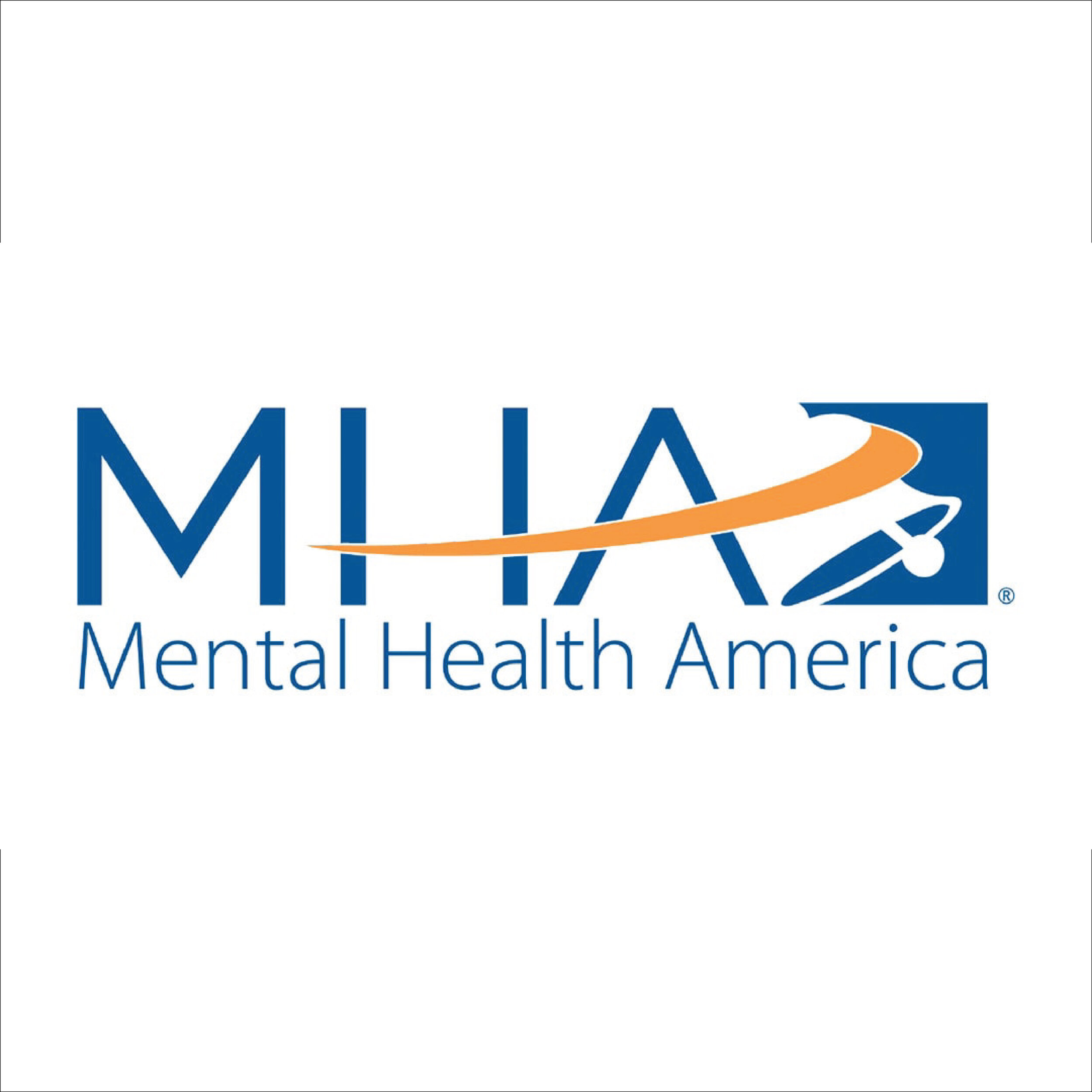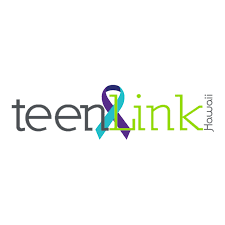Mental Health
What is mental health?
Mental health includes our emotional, psychological, and social well-being. Our mental health affects how we feel, act, think, behave, make decisions, and handle stress. Mental health is just as important as physical health! Positive mental health allows people to realize their full potential as they cope with stress, work productively, and positively contribute to their community. Signs of good mental health include emotional, psychological, and social wellness, life satisfaction, and engaging in activities/work.
Practice Emotional First Aid
We frequently take care of our physical health, but often neglect our psychological health. In Guy Winch’s TED talk, he shares why and how we need to practice emotional first aid.
What can you do for your mental health?
1. Take Action When Lonely
Loneliness causes us to believe that the people around us care less than they actually do, and has effects on your physical health. Chronic loneliness increases your likelihood of an early death by 14%, increases your blood pressure, and suppresses your immune system.
When you’re lonely, take action. Reach out to friends and family. Spend less time on your phone and more time being present with your family.
2. Treat Yourself Kindly
You wouldn’t make a physical injury on purpose, yet we often worsen a psychological injury by beating ourselves down. When faced with failure or rejection, revive your self esteem. Treat yourself with compassion as a good friend would.
3. Tackle Rumination
Rumination occurs when a teacher makes you feel stupid during class and you replay the moment over and over in your head. This unhealthy habit leads to an increased risk to develop clinical depression, alcoholism, eating disorders, and cardiovascular disease.
Studies show that a 2 minute distraction can break the urge to ruminate. When you have a negative thought, force yourself to concentrate on something else until you no longer have the urge to ruminate.
4. Take Care of Your Body
Taking care of yourself physically can improve your mental wellness. For more information, visit our physical wellness webpages!
Eat nutritious meals. Minimize red meat and sugar, and make half of your plate fruits and vegetables.
Abstain from drugs and alcohol.
Drink lots of water. You should drink half an ounce of water for every pound you weigh. (i.e. If you weigh 120 lbs, you should drink 60 oz of water).
Exercise helps relieve stress and anxiety. Strive to exercise daily for at least 60 minutes.
Get enough sleep and practice good sleep hygiene. Children (6-12 years old) need 9-12 hours of sleep per night. Teenagers (13-18 years old) need 8-10 hours of sleep per night. Establish a consistent sleep schedule. To improve your quality of sleep, decrease your night time electronic use or turn on “night mode” to reduce blue light emissions.
5. Set Realistic, S.M.A.R.T. Goals
Decide reachable goals that are within reach. Be ambitious, but realistic! Analyze your schedule, and figure out what you have time with.
Write detailed goals that are:
Specific – clearly defined desired outcome, what you want to achieve
Measurable – there must be away to measure progress
Achievable – the goal can be met with available resources
Relevant – it must fit a bigger picture and you must know why you want to achieve something
Time-bound – a clear deadline for when the goal will be achieved
Once you’ve set your goals, periodically check in with your progress. If you find yourself too busy or overwhelmed, readjust your goals and deadlines if needed. Be sure to reward yourself as you complete your goals to stay motivated!
6. Schedule Time to Relax
Be sure to set time aside to unwind and do the things you enjoy. Unplug and consider setting time limits for your social media apps. Even if it’s just 15-20 minutes, do something you love. Enjoy a good book, take a walk outside, connect with friends, dance, or pick up a new hobby.
7. Do Good Deeds
Doing good for others legitimately increases personal happiness. Researchers found that genuine selfless acts result in positive changes in the body's immune function and lower levels of stress hormones.
Find a passion that helps another individual, group, or society as a whole. Whether you enjoy doing random acts of kindness or are passionate about promoting sustainability and saving the environment, have fun while doing a good deed.
8. Visit our Self-Care page for more ways to practice mental wellness!
Possible Early Warning Signs of Mental Health Problems
Experiencing one of more of the following could be an early warning sign.
Eating too much or too little
Sleeping too much or too little
Withdrawing from people and typical activities
Having little or no energy
Feeling numb or like nothing matters
Feeling helpless or hopeless
Having unexplained aches and pains
Smoking, drinking, or using drugs
Feeling unusually confused, forgetful, on edge, angry, upset, worried, or scared
Yelling or fighting with family and friends
Experiencing severe mood swings that cause problems in relationships
Having persistent thoughts and memories you can't get out of your head
Hearing voices or believing things that are untrue
Thinking of harming yourself or others
Inability to perform daily tasks
Get help
If you have an emergency, call 911.
If you or someone you know has a mental health problem, please take action and seek help. For immediate help, call 911 or contact the Suicide and Crisis Lifeline at 988 or Live Online Chat by clicking here. 988 is the new three-digit dialing code that will route callers to the National Suicide and Crisis Lifeline!
Call 988 or Hawaii CARES at 808-832-3100 (toll-free 800-753-6879) to access compassionate care and support for anyone experiencing mental health-related distress or worried about a loved one who may need crisis support.
Asking for help is a sign of strength. A few reasons people often consider therapy is when they are facing prolonged feelings of sadness and hopelessness, facing emotional difficulties that hinder one’s daily function, or acting in ways that are harmful to themselves and/or others.
Local Hawaii Resource: No Shame Get Help
No Shame Get Help is a program under Mental Health America of Hawaii that has INCREDIBLE resources regarding mental health, whether you’re in a crisis, looking for general help, or help for someone else. We highly recommend you check them out!
Hazel Health
Hazel Health provides teletherapy for K-12 students, which means through Hazel Health, you can receive virtual therapy by licensed therapists. Check out their website to see how you can access these resources!
National Alliance on Mental Illness (NAMI)
The National Alliance on Mental Illness has a plethora of mental health resources, including on how to find help, when to ask for help, who to talk to, and more.
What is therapy?
“Psychotherapy is a partnership between an individual and a professional such as a psychologist who is licensed and trained to help people understand their feelings and assist them with changing their behavior. Therapy effectively decreases patients’ depression, anxiety, and related symptoms – such as pain, fatigue and nausea. Research increasingly supports the idea that emotional and physical health are very closely linked and that therapy can improve a person’s overall health status.” -Hawai‘i Psychological Association.
If you are looking for a psychologist, visit the Hawai‘i Psychological Association here.
Free Telehealth Counseling Services for Neighbor Islands
Hawai‘i U-Telehealth is a free online platform where you or a loved one can visit with a Hawai‘i licensed mental health counselor, psychiatrist, nurse practitioner, or psychologist. All you need is access to the internet and an email address. For additional assistance, email utele@gmail.com or call (808) 375-2745. Their coordinators are available to set up appointments for you Monday through Friday from 9 am to 5 pm. At other times you can leave a message, and their coordinators will get back to you within 1 business day.
Spill The Tea Cafe
Spill The Tea Cafe (STTC) is a mental health clinic for teens that provides accessible, personal, and compassionate care. The services they provide include: “individual and group therapy, mentorship, care coordination, and psychoeducation, to address their specific needs and preferences” (STTC website). They are located in Honolulu on Queens Street, but provide telehealth appointments state-wide. You can contact them at (808) 797-4970 or spilltheteacafehi@gmail.com. You can also check out their website here to book therapy appointments!
Check out these self care ideas from @theself_carekit on Instagram for ways to manage your mental well-being!
Here are a few tips from Mr. Chapman, a middle school teacher here on ‘Oahu, about how students can maintain their mental health.




















